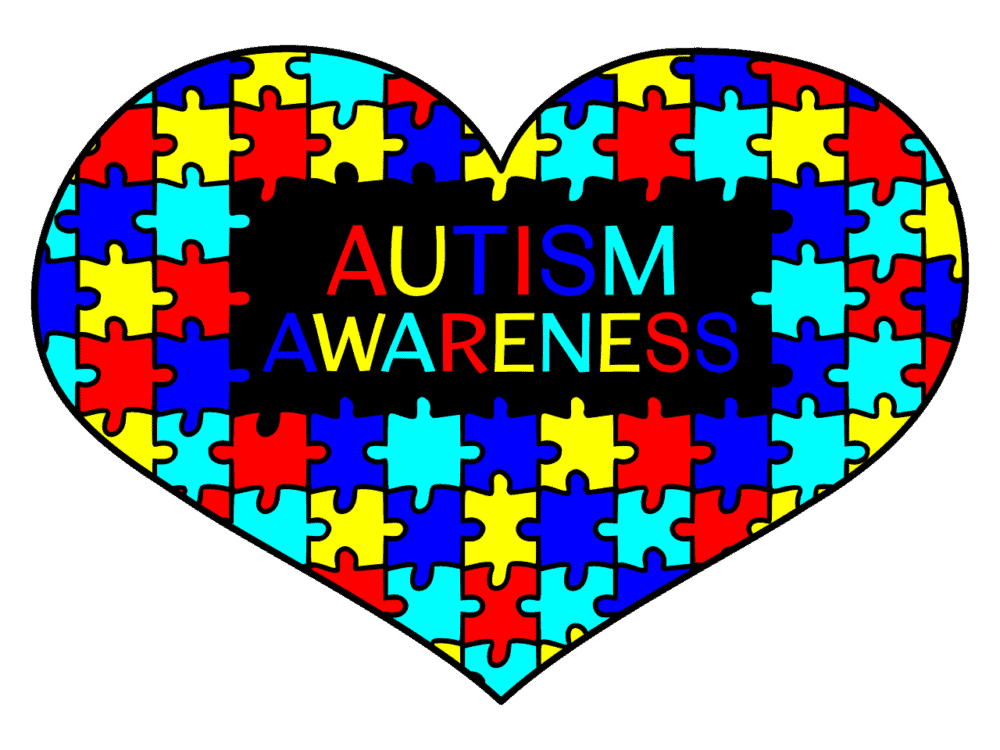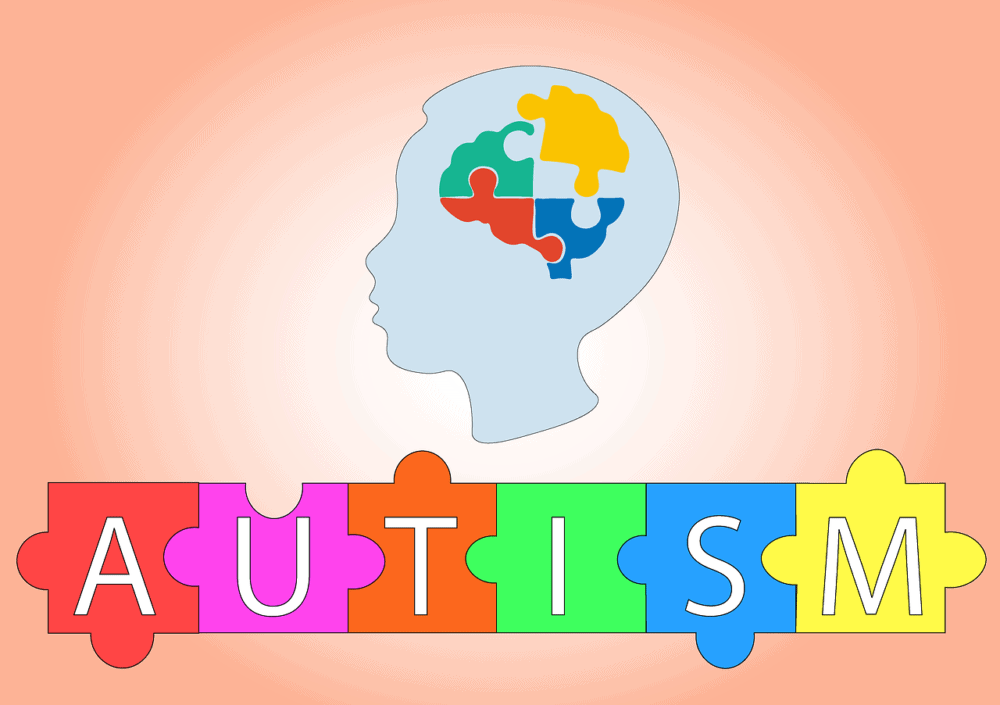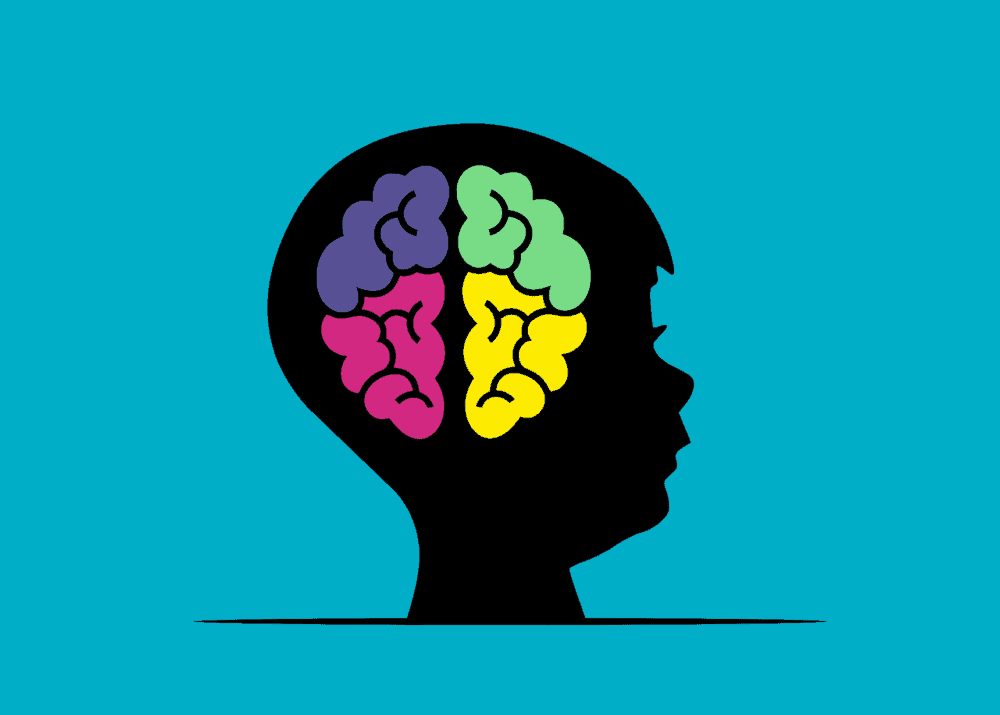Featured
Several health sources can help if you want to learn more about autism. Autism is a neurological disorder affecting how people interact and communicate. It can be mild or severe and affects people in different ways. There is no one-size-fits-all approach to treating autism, but there are several therapies and treatments that are effective. This blog post lists the best health sources to learn about autism.
Magazines
When it comes to learning about autism, magazines can be a great resource. Usually, these special Autism magazines cover various topics related to autism, including early intervention, therapy options, and educational resources. They may also include research, advocacy, and quality of life issues. For instance, when it comes to early intervention, you will have a good idea of what to do next and how to get the best help for your child. Similarly, some therapy options you will be aware of when you read magazines include ABA therapy, occupational therapy, and speech therapy.
Books
In addition to magazines, books can also be an excellent resource for learning about autism. Many different types of books are available on the subject, from general interest books that provide an overview of the disorder to specific guides that focus on particular aspects of autism. For instance, if you are looking for a book that covers early intervention, you might want to check out the “Autism: Early Intervention” guide by Jillian Wild. Or, if you are interested in learning about different types of therapies, the “ Handbook of Autism and Pervasive Developmental Disorders” by Fred R. Volkmar is a good choice.

Online Resources
Several excellent online resources can help you learn more about autism. These include websites, blogs, and online forums. For instance, the Autism Society website provides information on various topics related to autism, including treatments, support groups, and education. The Autism Speaks website is another excellent resource, providing information on research, advocacy, and family services. And, if you are looking for a place to connect with other people affected by autism, the Wrong Planet forums are a great option. But you must remember that not all information you acquire from forums is accurate, so take everything with a grain of salt.
Blogs
In addition to websites and forums, several blogs can be helpful when it comes to learning about autism. These blogs are written by people with personal experience with the disorder, either as someone with autism or as a parent or caregiver. They can provide valuable insights and information on various topics, from day-to-day life with autism to specific therapies and interventions.
Your doctor
Lastly, you can always talk to your doctor. If you have any questions about autism, they are the best ones who will be able to answer. They can provide you with information on the disorder and refer you to specialists and other resources if needed. For example, if you need a therapist or treatment center, your doctor can likely provide you with a list of options in your area. They can also help you navigate the process of getting a diagnosis for your child if you think they may be on the autism spectrum. Your doctor is an excellent resource for learning about autism, regardless of the stage you are at in your journey.
Tips for choosing the suitable sources

Reliable source
In choosing suitable sources of information on autism, it is crucial to consider a few factors. First, you want to make sure that the reference is reliable. This means that it should be based on scientific evidence and written by experts in the field. For instance, if you are looking for treatment information, check that the source is a reputable journal or website. You will have a good idea of the credibility of a source by looking at the author’s credentials or by checking the references section. At the very least, they should have a link to their source material.
Autism-specific
Second, you want to ensure that the source is specific to autism. It should be geared toward people with autism or their families. For instance, a source focused on general mental health information will not be as helpful as one that explicitly covers autism. This is because autism has specific symptoms unique to the disorder, and you want to ensure that the information you are getting is relevant to your needs. Otherwise, you might end up with information that does not apply to your situation.
Up-to-date information
Another essential factor to consider is whether the information is up-to-date. This is especially important in treatments, as new therapies and medications are constantly being developed. Make sure to check the date of the article or book to ensure that the information is still current. You can also look for regularly updated sources, such as websites and blogs. This way, you can ensure you are getting the most up-to-date information. Conventional methods may no longer apply to your situation, mainly if there are already new developments in autism.
Consider your needs
Finally, when choosing sources of information on autism, you want to make sure to consider your own needs. This means taking into account your level of knowledge about the disorder and what type of information you are looking for. For instance, if you are just starting to learn about autism, you might want to look for general interest books that provide an overview of the disorder. Alternatively, if you are interested in learning about specific aspects of autism, such as therapies or education, you might want to look for more specialized sources. By considering your needs, you can make sure that you are choosing sources of information that will be most helpful to you.

As you can see, several excellent health sources for learning more about autism exist. Whether you want to read magazines or books or use online resources, you can find a wealth of information on the disorder. With so many great sources of information available, there is no excuse not to learn more about autism and how it affects people. Rest assured that with some effort, you will be able to find the information you need to make informed decisions about your autism journey.























